Cambria Automobiles chief executive Mark Lavery has urged his car retail colleagues to lobby Government over an all-out push to Electric Vehicles (EV) which risks catching UK automotive “sleeping at the wheel”.
Lavery said that there was still time to prevent Government making a decision which would see an all-out ban on internal combustion engine (ICE) and hybrid vehicles as early as 2032, risking both the environment and "thousands" of industry jobs.
The Office for Low Emission Vehicles’ (OLEV) consultation over the proposals ends at midnight tonight (July 31), having been extended from an initial May deadline, and Lavery insisted that it was “not too late” to change what appeared to be a set course.
His comments came as the National Franchised Dealers Association (NFDA) today called for hybrids to be excluded from any initial ban on new vehicles sales, and a phased approach be taken towards a zero emission sales target of 2040.
“At the moment, as an industry, we are sleeping at the wheel as the environmental lobbying groups dictate an all-out push for EVs at the exclusion of any other solution,” Lavery told AM in an interview this morning.
“The millions of tonnes of Cobalt that are being pulled out the ground in Africa, the Amnesty International investigation into child slavery in those mining processes, the fact that the Cobalt is shipped to China to be processed and turned into batteries in a coal-powered economy only to be shipped to developed Western countries so we can have zero tailpipe emissions in our towns and cities… All that seems to be overlooked in the pursuit of this one solution.”
EVs 'not the only solution'
Lavery argued that 35g/km of permanent CO2 is embedded into the emissions of a pure electric vehicles as a result of the battery production, giving the pure electric car only a small emissions advantage over the latest versions of modern turbo-diesel engines.
Pure EVs contain between 10 to 12kg of Cobalt on average, he said, compared to a far lesser amount for zero emissions-capable hybrid vehicles.
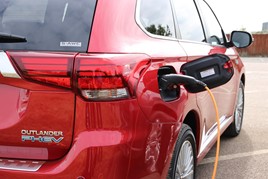 Lavery believes that Government must include hybrids and the use of cleaner synthetic fuels in a more gradual shift towards an all-out ban on vehicles which don’t offer zero emissions.
Lavery believes that Government must include hybrids and the use of cleaner synthetic fuels in a more gradual shift towards an all-out ban on vehicles which don’t offer zero emissions.
Hydrogen must also attract greater consideration in plans for the future, he added.
“Holistically, pure EVs are worse for the environment than many other solutions and yet the course appears to have been set,” he said.
Economic risks
Lavery met with former Conservative leader Sir Iain Duncan Smith, the MP for Chingford and Woodford Green, at the AM100 group’s Grange Jaguar Land Rover at Woodford to voice his concerns about Government’s policy towards EV adoption.
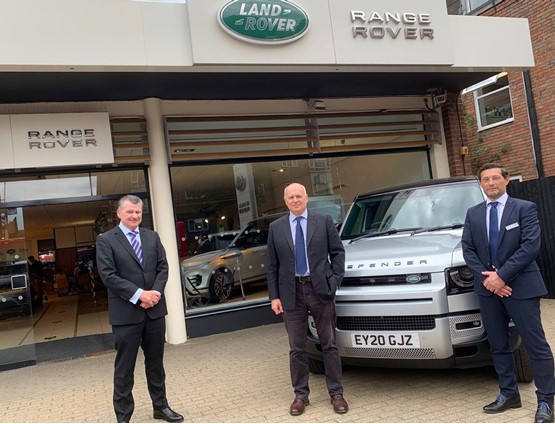 In its letter to MPs across the country – sent by general managers across the group’s businesses – Cambria also claimed that “thousands” of automotive industry jobs would be lost if Government pursues a rapid all-out shift to pure EVs.
In its letter to MPs across the country – sent by general managers across the group’s businesses – Cambria also claimed that “thousands” of automotive industry jobs would be lost if Government pursues a rapid all-out shift to pure EVs.
It said: “If we prohibit the sale of hybrid vehicles we will lose thousands and thousands of jobs from our automotive industry manufacturer’s and supply chain like Jaguar Land Rover, Aston Martin, McLaren, Rolls Royce, Bentley and at the same time arguably damaging the planet further because pure electric is not the only solution.
“Electric propulsion systems are only part of the solution. Hybrid, petrol and diesel propulsion systems are making dramatic improvements and where people were previously not plugging in their vehicles because of the inefficiency that would only allow the vehicle to travel 10 miles on pure electric travel, we are now in a position where most hybrids can do at least 30 miles on electric only charge.
“This covers most people’s daily commute and is already changing behaviours with far more people plugging in the more efficient power units.”
As well as the environmental and economic risks posed by a shift to EVs at the exclusion of ICE and hybrid vehicles, Lavery said that he feared for the future of social mobility.
He said: “The simple fact is that fast-tracking this kind of technology also prices a lot of people out of the market.”
NFDA lobbying
The NFDA today detailed its response to the OLEV consultation, urging a slower pace to change, fiscal stimulation to boost alternative fuel vehicles’ (AFV) affordability and improved charging infrastructure. NFDA director, Sue Robinson, said: “Businesses and consumers must receive adequate support from the Government during this crucial transition to a zero-emission market.”
 The NFDA pointed out that the market for zero-emission vehicles is still in its infancy and any ICE phase-out date earlier than 2040, must be accompanied by a significant boost to the incentives on offer to consumers, retailers and manufacturers.
The NFDA pointed out that the market for zero-emission vehicles is still in its infancy and any ICE phase-out date earlier than 2040, must be accompanied by a significant boost to the incentives on offer to consumers, retailers and manufacturers.
Robinson said: “We urge the Government to remove plug-in hybrids from the 2035 phase-out date as they represent a natural and ideal transition to zero-emission vehicles, especially for those who cannot yet afford a battery electric vehicle.
“The Government must continue to support businesses and consumers through well-targeted measures such as tax incentives and keeping the plug-in car and van grants at their current level.
“NFDA has regularly engaged with the Government on this issue and, following our response, we will continue to liaise with the relevant departments to best represent our members’ views.”

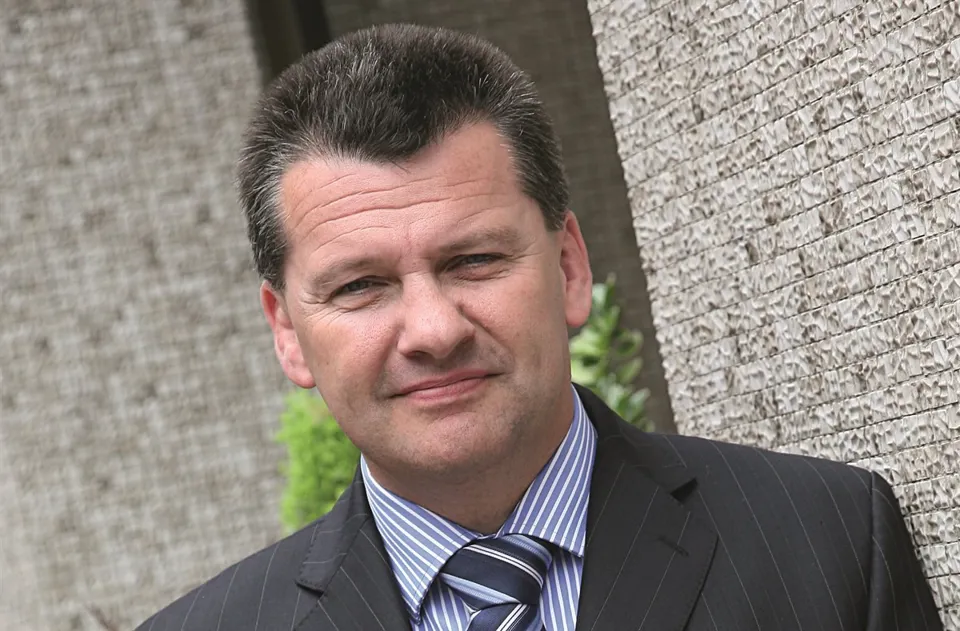


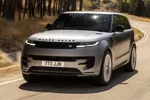


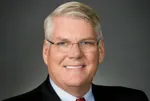






Login to comment
Comments
No comments have been made yet.